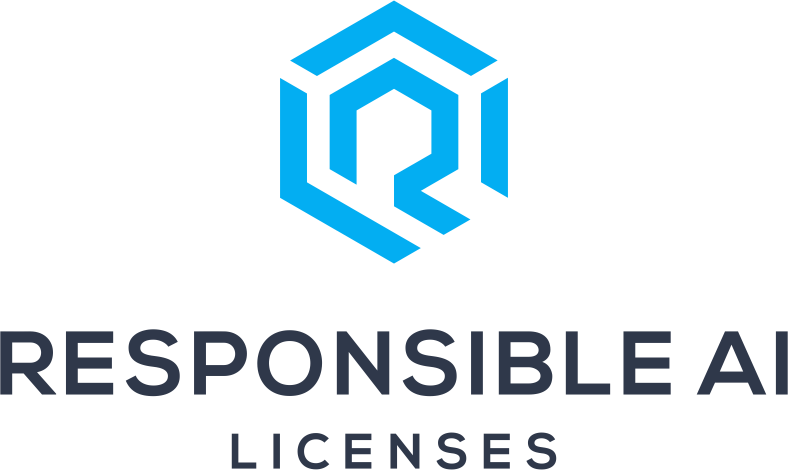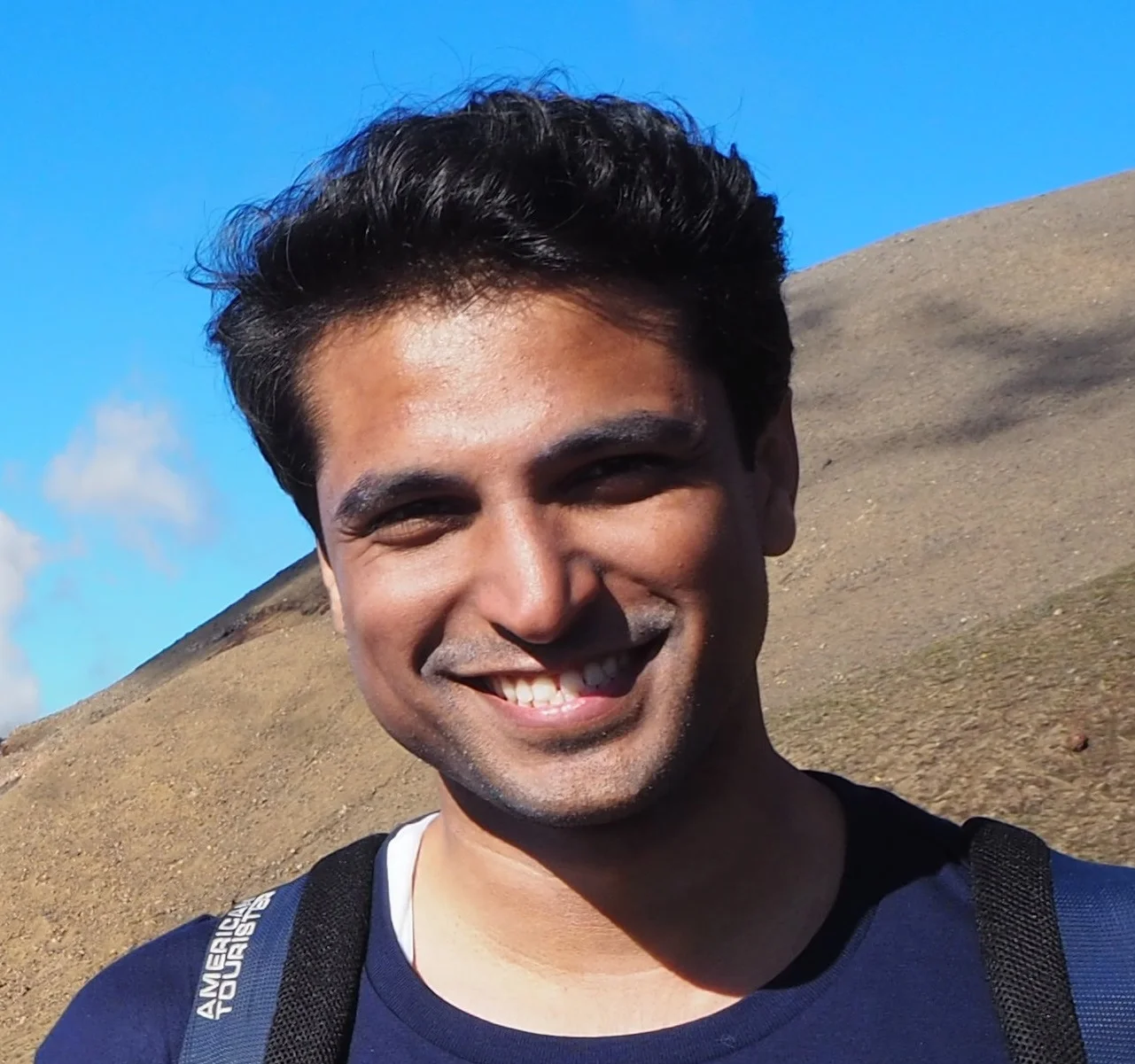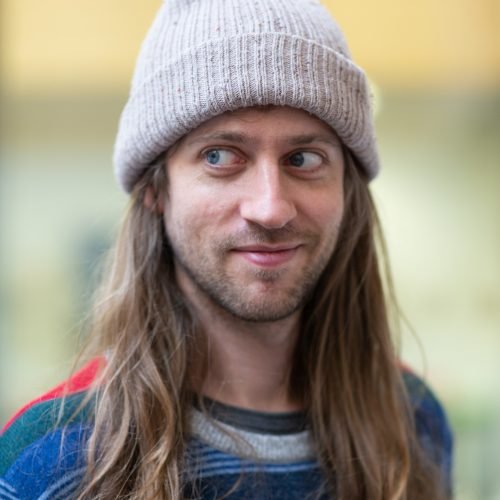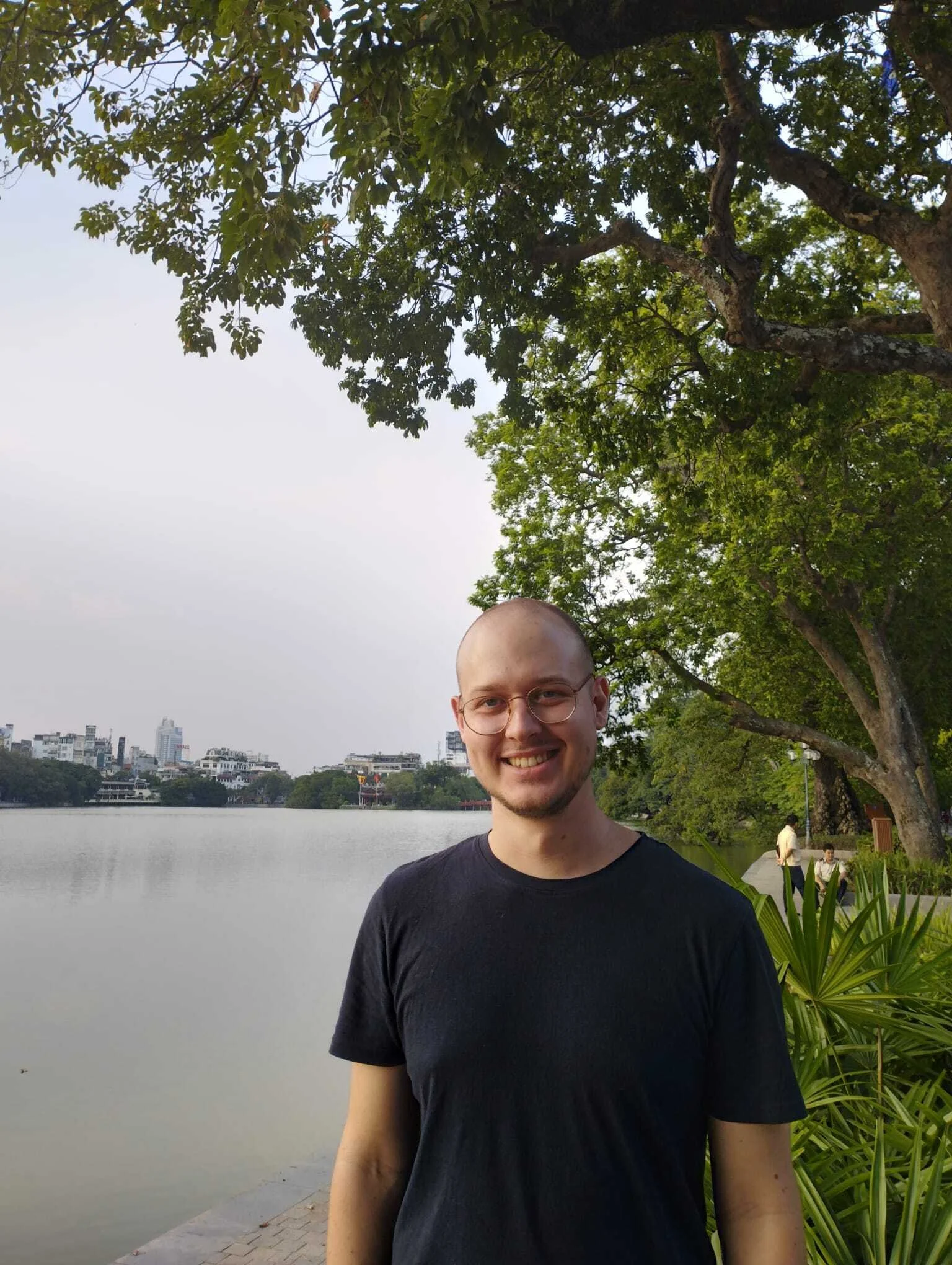RAIL STEERING COMMITTEE
The Responsible AI Licenses steering committee is composed of volunteers from multiple institutions.
Danish Contractor
@danish_c
Danish Contractor is an AI researcher working on problems in Multi-sentence Question Answering and dialog systems. Over the last eight years he has worked on machine learning & natural language processing applications in the areas of Education, Tourism, Social Media & Customer Relationship Management, Information Management & Noisy Data Cleansing. In 2018, Danish was named one of the top Innovators Under 35 in India by MIT Technology Review and Mint. He has a PhD in Computer Science from the Indian Institute of Technology (IIT) Delhi and a masters degree in Computer Science from the University of Cambridge.
Daniel McDuff
@danmcduff
Daniel McDuff is an AI researcher working on sensing and synthesis of human behavior. He has a PhD from MIT and a masters from Cambridge University. He has published machine learning papers on classification of facial expressions and gestures, speech synthesis, video-based physiological measurement and magnification and multi-modal affect recognition. His projects have been reported in many publications including The Times, the New York Times, The Wall Street Journal, BBC News, New Scientist, Scientific American and Forbes magazine. Daniel was named a 2015 WIRED Innovation Fellow and has spoken at TEDx and SXSW.
Julia Haines
@juliakhaines
Julia Katherine Haines conducts research at the intersection of technology, innovation, and human practices. Julia is a user experience researcher working with designers and engineers to bring an inclusive, human-centered perspective to the project and the AI space. Julia received her PhD in Information and Computer Sciences at University of California, Irvine, where she was also a fellow with the Intel Science & Technology Center for Social Computing. She previously earned an MS in Human-Computer Interaction at DePaul, an MA in Social Sciences at The University of Chicago, and BAs in Anthropology and Journalism at UNC-Chapel Hill.
Brent Hecht
@bhecht
Dr. Brent Hecht is an assistant professor at Northwestern University. His research interests lie at the intersection of human–computer interaction, social computing, and spatial computing. At Northwestern, Dr. Hecht directs the People, Space, and Algorithms research group, whose mission is to “identify and address societal problems that are created or exacerbated by advances in computer science.” Hecht is the recipient of a CAREER award from the U.S. National Science Foundation and has received awards for his research at top-tier publication venues.
JOEsph LINDLEY
Dr Joseph Lindley is a Senior Research Fellow at and leads Design Research Works, a project dedicated to progressing and promoting Design Research as a key means for addressing emerging socio-technological challenges. He is an alumnus of the PETRAS Centre for Excellence for IoT Cybersecurity and the ACM Future of Computing Academy, held the AHRC’s Challenges of the Future Fellowship in AI & Data, and has published widely on the Adoption and Acceptability of emerging technologies.
Hanlin Li
@hanlinliii
Hanlin Li is a postdoc scholar at UC Berkeley and an incoming assistant professor at UT Austin. Her research sits at the intersection of data governance and human-computer interaction. She examines the societal and economic impact of data generated by the public, from rating data to social media comments. Her research aims to inform policy and design interventions to incentivize responsible data collection and use. Her work has been featured in national and international media, such as the NY Times, the MIT Technology Review, and Bloomberg.
Carlos Muñoz Ferrandis
@Carlos_MFerr
Carlos is a lawyer and PhD researcher focused on the intersection between open source and standards, from an IP and antitrust angle. He is currently Tech & Regulatory Affairs Counsel at Hugging Face and Co-chair of the BigScience Legal/Ethical WG. After carrying his PhD research at the Max Planck Institute for Innovation and Competition, Carlos has been focusing on regulatory sandboxes and experimental policies in ICT areas such as DLT and AI. He is also a member of the ONE AI network of experts at the OECD
Nick Vincent
@nickmvincent
Nick Vincent is a postdoc at UC Davis and the University of Washington. His research focuses on studying the dependence of modern computing technologies, including the broad set of systems called "AI", on human-generated data, with the goal of mitigating negative impacts of these technologies. His research is rooted in the hypothesis that, with better-designed systems, AI can mitigate inequalities in wealth and power rather than exacerbate them, and relates to concepts such as "data dignity", "data as labor", "data leverage", and "data dividends".
Tim Korjakow
Tim Korjakow is a Master's student at TU Berlin and researches theory and applications of Federated Learning, Interpretable AI, and Autonomous Driving. Alongside his academic work, he uses his expertise as a consultant, aiding companies in the development and deployment of ML applications. Within the RAIL initiative, he contributes to the "Tooling and Procedural Governance" working group, applying his experience to facilitate the selection and utilization of RAIL licenses.
JENNY LEE
Jenny Lee is an experienced intellectual property attorney who started her career litigating patent cases before focusing on counseling and negotiating deals on behalf of large tech companies (Apple, Amazon, Google). More recently, she has led legal and compliance teams in various start-up companies. She has always enjoyed working on issues at the intersection of technology and law. Jenny has a J.D. from Harvard Law School and a B.A. from Rice University.
Jesse Josua Benjamin
@proxyjesse
Jesse Josua Benjamin is a Post-Doctoral Research Associate at Fixing the Future. Combining philosophy of technology and design research, Jesse investigates how emerging technologies shape the relations of people and their world(s). He publishes on topics such as explainable and interpretable AI, Research-through-Design, design theory and philosophy of technology. In the RAIL initiative, he co-leads the Working Group Tooling and Procedural Governance.











